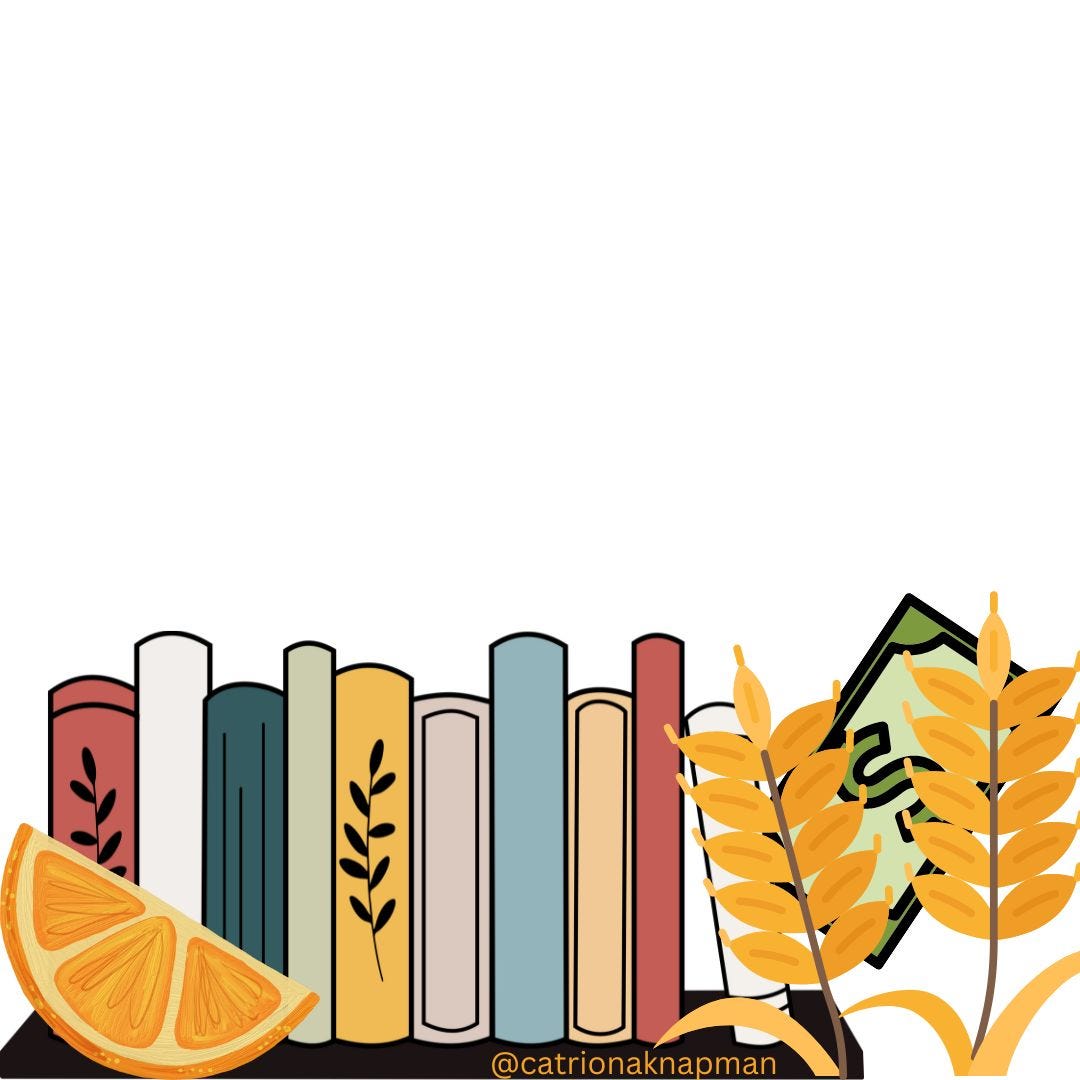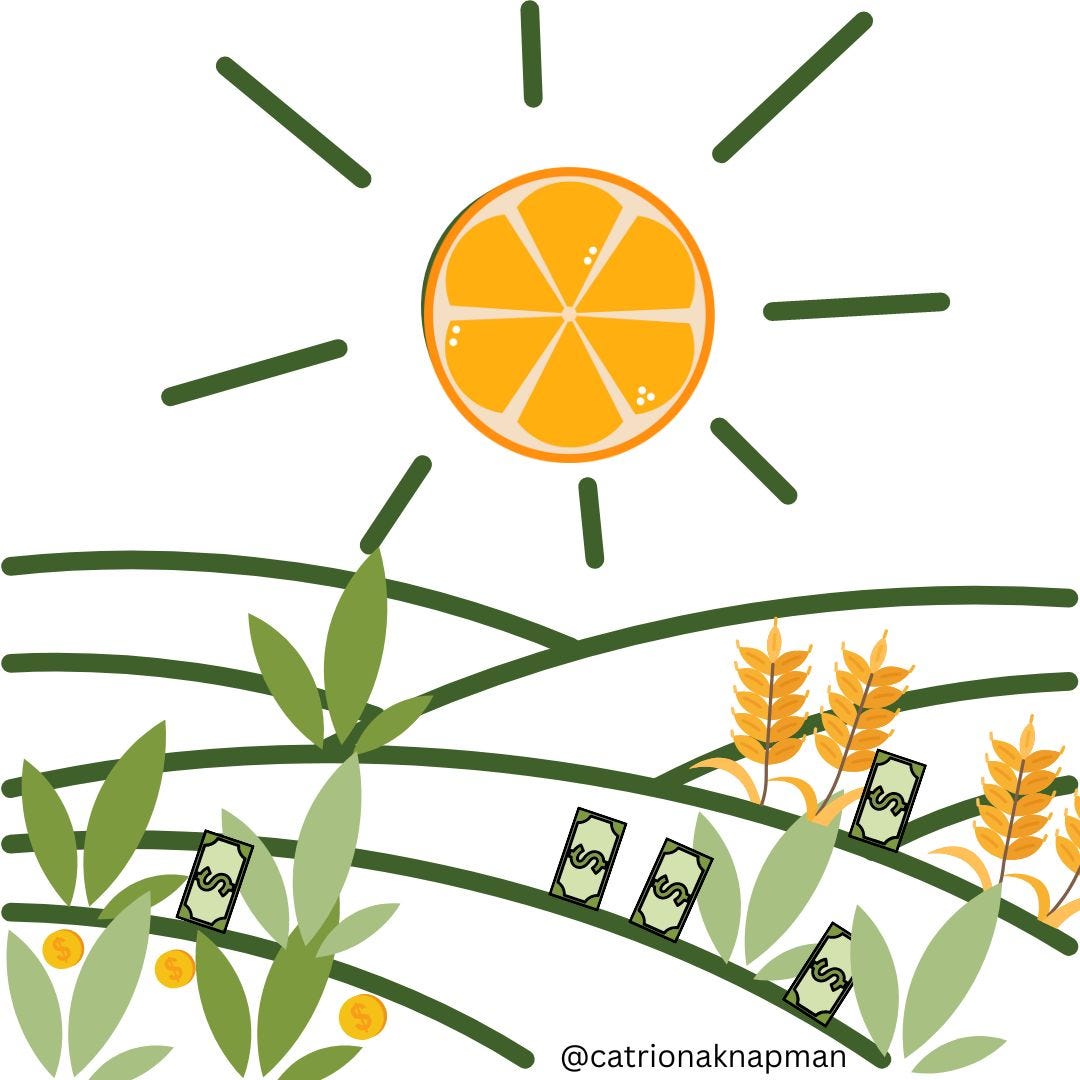Antonio and Carlos made the boats themselves, carved from whole tree trunks. They push through the mud and grass at the shore then jump in, pulling the oars firmly across the water. And they smile as they row. Rainy season, but sunny.
Laughing, as the boats race each other across the water. Antonio moves with strong steady arms and Carlos, with more urgent strokes, to an island from where we can see the surrounding hills and the wide watery presence of the lake. It feels as if we are at the very centre of the landscape.
We are in Northern Nicaragua, near the town of Jinotega, where locals showed me dents in walls; memories of bullets and grenades fired during the revolution in the 1970s.
The lake is not a product of any natural process but a creation of the Dictator Somoza, who fled the country when the Sandinistas took power in 1977. Yet his decision to generate hydro-powered electricity in the Northern mountains still marks the life of Antonio and Carlos.
The surrounding villages, as with so many cases, still do not have access to the national electricity grid. For them, there was a relocation from their land, a sudden flood, and a chance of fate too, because with the water came new food and their meals of beans, maize, coffee, now included fish, fried over the clay ovens in their homes.
That is how we eat it later, with rice and beans, avocado and fresco (juice) in Antonio’s kitchen, surrounded by his children, his wife and a well-stocked bookcase.
Then wandering his yard, we look at the oranges he has piled up from his orchard and a contraption he calls a 'trapuche' that he uses to make sweets out of sugar cane. The children, curious and shy, follow us around. His wife watches attentively as I eat her food, then asks me whether I am married, and then why not.
Antonio seems a bit like the wise man who turns up in fairy tales: a farmer, a man connected to the earth, who also reads: his collection of books carefully stored on the shelf in the kitchen.
To my young self, he appears to hold the wisdom of the soil tucked into his fingernails and the wisdom of words distilled into his tongue. He also knows how to draw connections between my life and his, in a way that many other farmers I met in Nicaragua could not.
After lunch, we walk up into his fields, Antonio laughing at my sweaty determination to keep up with him, a robust farmer accustomed to the land. He clears a path for me with a machete. A path where one day, he says, tourists might go; up into his orange orchards, where the fruit they cannot eat, is hanging on trees for the birds. One hundred US dollars would be the sale price for the crop, which he tells me is not worth the effort of going to market.
We walk down to his fields of corn, which are almost ready to pick, looking down over the lake, which shimmers in the sun. The corn will be consumed by his family, who will get used to the mushy taste of maize, as they eat the same food, again and again.
I always remember this day, from the moment we skimmed the surface of the lake, because we laughed together and the sun was shining after a period of rain. I admired their hand-carved boats, the fresh fish, even the surplus oranges, left to rot on the trees.
I was struck by how much Antonio seemed to have. As a supposedly poor person, he appeared rich in ways I was not. Rich in human connection and community, in produce and harvests and despite how he would be categorised in a human development survey, he seemed to have everything he needed. To be rich, if not in economic terms, then in all that a human might need.
And that day, I wondered out loud, maybe in a patronising, or maybe in a naive way (and probably both). I wondered, that he seemed to have everything. He even had books, something not many smallholder coffee farmers possess. In my life so far, money was essential to buy food, water, housing. Yet, while I needed money, I thought if I had skills like Antonio, I might not. It seemed like he could survive without any money at all.
Antonio looked at me and replied, “Everyone needs money, chica.” He explained he needed money for medicine, to buy clothes for his children and to send them to school. “Everything has costs,” he said. “Money makes the world go round.”
And under the rotting oranges, on the dirt road, beside the Dictator-created lake, this statement was, of course, obvious. But it was also very difficult for my inexperienced eye to see.
Thank you for reading Notes from Saving the World.
I write about the systems we live in through the lens of my personal and professional experiences of twenty years working in the aid sector.
This is a place to share experiences that connect our personal stories to our collective stories and our transformations to bigger global change.
I hope my stories might help you navigate your own joureny and ultimately - feel a bit less alone.






